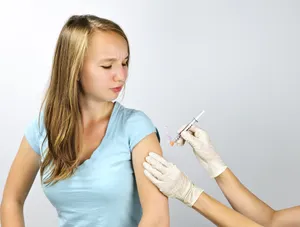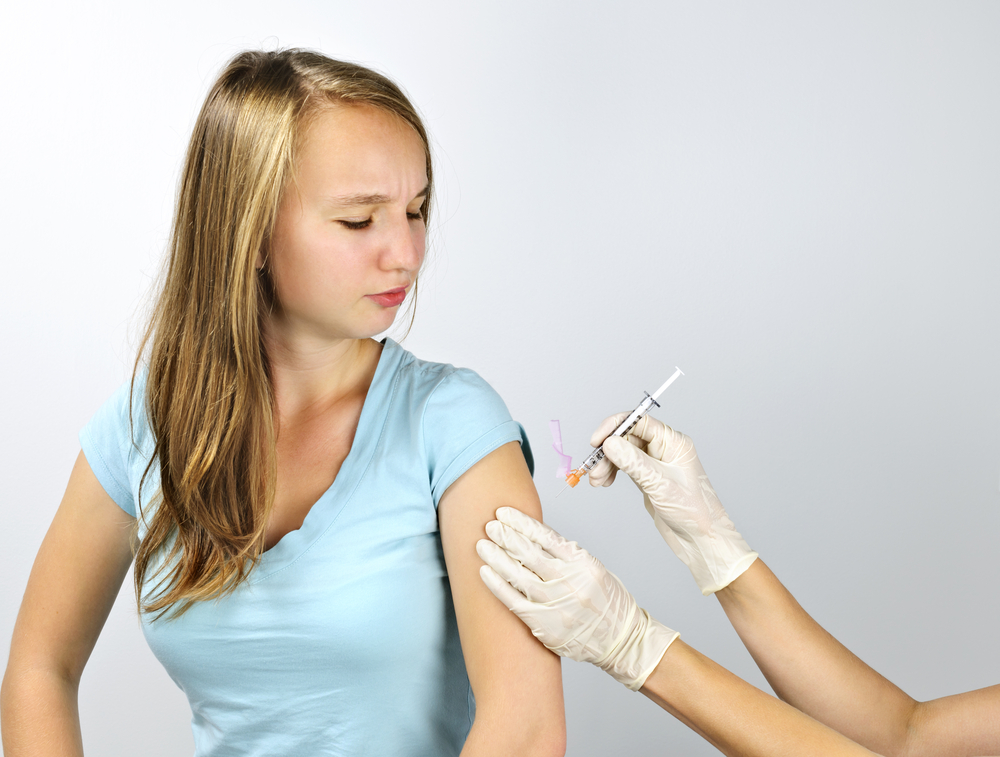
The researchers examined the records of 1400 girls, aged between 11 and 15 years old, enrolled in a Kaiser Permanente health plan in Atlanta. The researchers examined three years’ worth of records to determine whether STD tests had been performed, if there had been pregnancies, or if the girls had requested birth control. Over 90% of girls who had been vaccinated did not seek further STD testing, or birth control during the study period.
A previous study conducted by the CDC established that there was no connection between the HPV shot and higher sexually activity in girls aged 15 to 24. However this study has faced a lot of criticism as it was conducted by self-reporting which is generally considered a less reliable method.
The study determined that there was no difference in the incident rates when you compared data between girls who had the HPV shot and those who were unvaccinated. The American Academy of Pediatrics and the CDC have been recommending the vaccine for a number of years.
Source: Press Herald



